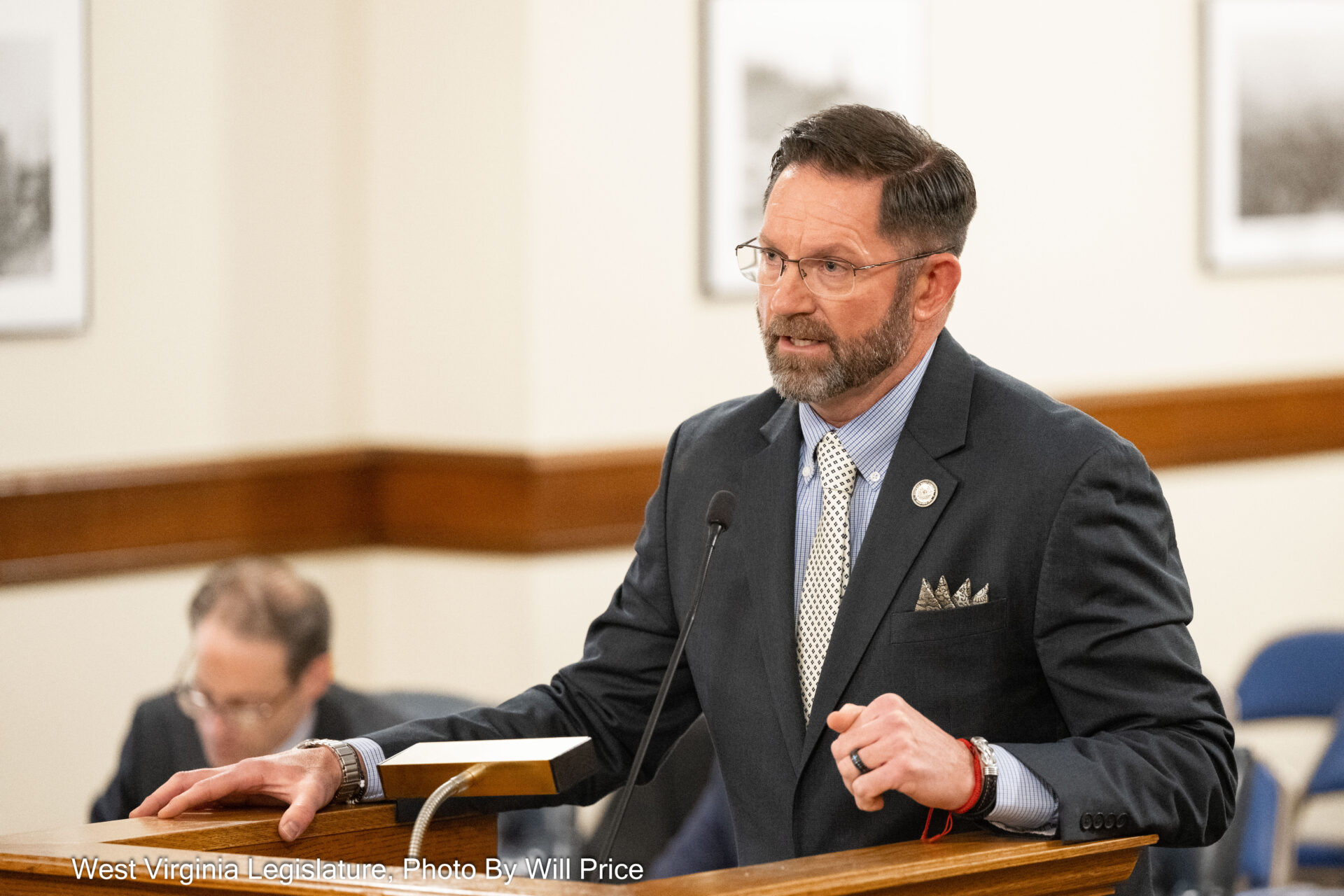Corrections Commissioner William Marshall said for the first time since COVID-19 hit, jail and prison guard vacancies have fallen below 1,000 – standing at 990.
We have a class of 55 right now that will graduate next month,” Marshall said. “Our previous class we graduated was 45. And the class before that was 53. So we’ve made some significant hires and some significant impact when it comes to recruiting”
Correctional guard vacancies were recently up to 1,100. Speaking Monday before the Legislative Oversight Committee on Regional Jails and Prisons, Marshall said the $21.1 million the legislature approved for pay raises is helping grow guard academy classes and retirees are coming back to work.
Marshall said changes in the six week class – getting recruits out on the floors at two and a half weeks – gives recruits and supervisors decision making experiences.
“It gives them an opportunity to see if this job fits them or not,” Marshall said. “It also gives the superintendent and the lieutenants and sergeants the opportunity to see how they respond on the floor, how they respond around inmates.”
Marshall said the new academy teaching plan also allows savings when it comes to training.
“We’re not training someone for six weeks at the academy, then they show up the first week in a facility like this and think, ‘This is not what I thought it was,’ and they’re walking out the door,” Marshall said. “We’ve already spent $18 to $20,000 on training. And so this has really greatly helped that.”
Marshal said 330 to 340 National Guard members, under emergency orders, continue to staff non-inmate contact posts at correctional facilities.
“We’re working towards trying to eliminate as many of those as we can going forward,” Marshall said. “As long as we continue to hire, we continue to bring new recruits in.”
He said a new comprehensive recruiting campaign is just underway, including a young public information officer hiree who is well versed in social media.
“We’ve started a new campaign with the Department of Commerce in regards to recruiting,” Marshall said. “We’re on the verge of releasing a new stand alone logo for our division, to try to attract some of the newer, younger generation of workers that would want to come and work for us, whether it be officers, counselors, therapists or office assistants.”
Marshall told the committee that, while a few facilities are at or just under capacity, some overcrowding continues. He said North Central Regional Jail in Doddridge County, with a population of more than 800, is about 300 inamtes over capacity.
“It’s just such a hotbed of an area right now when it comes to drug crimes and crimes in general that are feeding into North Central,” Marshall said.
Marshall said over the last calendar year, there was a point where they hired about 700 people, but lost about 650.
“Those numbers are starting to slow down,” he said. “Obviously because of the new pay plan. I’ve received several waivers recently, which is a good sign for the academy, which means we got people coming back that are already academy trained.”
Overcrowding and understaffing, along with physical conditions in the jail system, have sparked numerous lawsuits, alleging dangerous and deplorable living facilities.
Marshall said $60 million in eight deferred maintenance projects are underway statewide.
“We’ve also been working with some energy savings groups with the potential of working with them in order to get some additional projects completed in our jails and prisons and juvenile centers as well,” Marshall said.
He mentioned one project that would have a company set up a HVAC class for inmates at Salem.
“That company is also looking at fixing a lot of our HVAC systems going forward that are ready,” Marshall said. “Instead of trying to fix them by just completely replacing them.”
He said a new initiative called Desert Waters specifically offers mental mental health care for corrections officers.
“It’s another tool for our people to be able to talk to people,” Marshall said. “To be able to share experiences with people who actually speak their language and know what they are saying,”
Marshall told the interim committee that he’s hopeful, with new recruiting efforts, pay raises, retention plans and maintenance upgrades, the emergency crisis within the corrections system will lessen over time.
“The one thing that I knew coming into this job in January is, we were never going to conquer this,” Marshall said. “It will constantly be a challenge that we’ve accepted and I think we’re heading in the right direction.”
